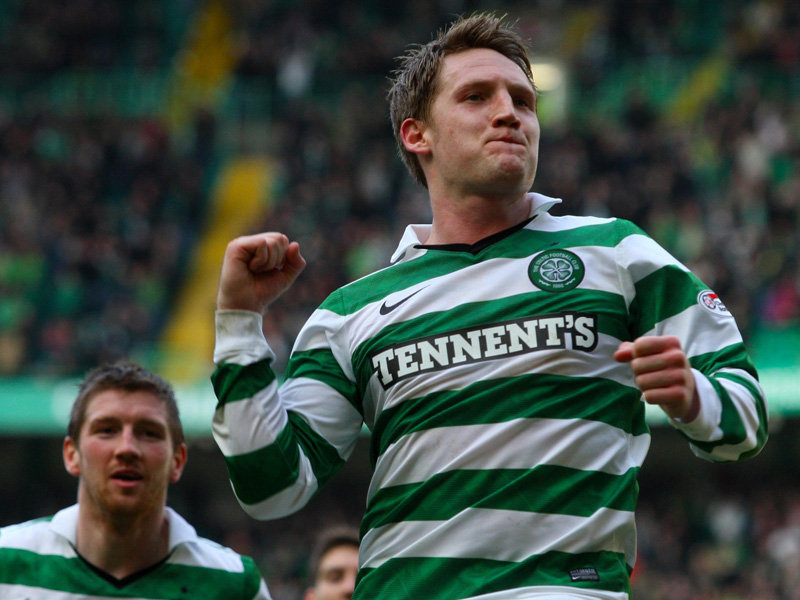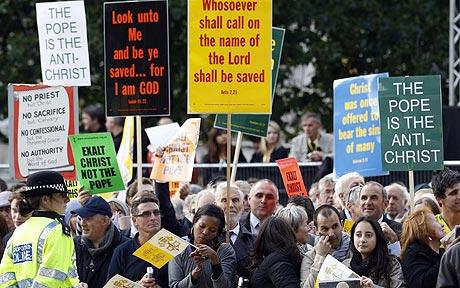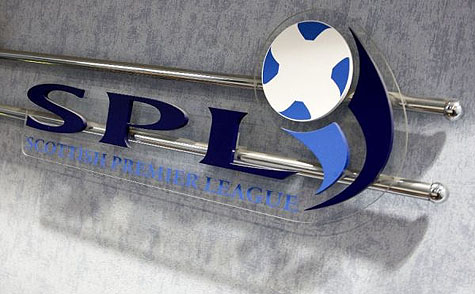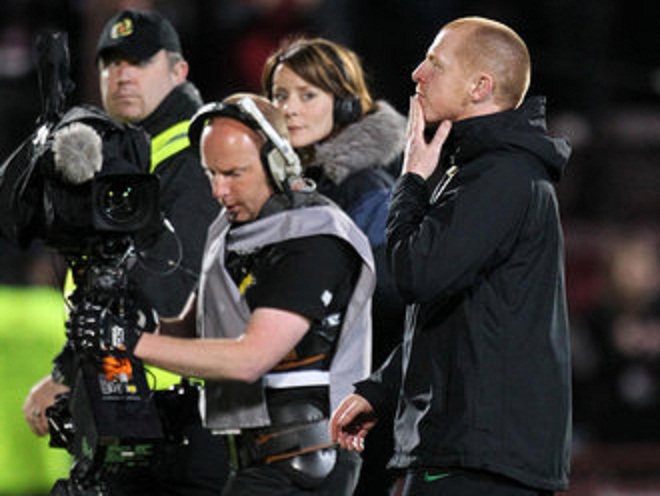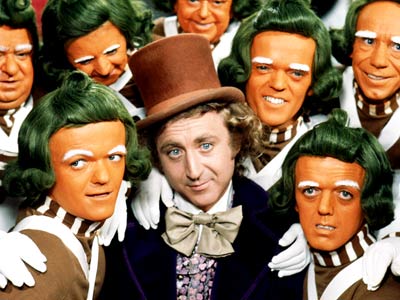Yet a slice of the Celtic support initially saw the Mansfield-born Scotland international as an underwhelming bit of business. For many, their primary exposure to the player came with his appearances in the dark blue of the national side. The consensus of the critics suggested these performances offered little reason to get excited.
There were mitigating circumstances behind this tepid welcome to Paradise. With a squad containing half-a-dozen international midfielders some believed the wages afforded to Commons would have been better invested elsewhere. Poor recent buys such as Adam Virgo, Glenn Loovens and Danny Fox, had also helped cultivate a certain cynicism towards signings from England’s lower leagues. While Gary Hooper and Joe Ledley were doing their best to prove otherwise “overpaid and underperforming” remained the cynics’ mantra.
Matters were perhaps clouded further by Commons’ public courting by Rangers. That Celtic seemed to “gazump” their rivals for his signature raised doubts about the motivation of the move. Were Celtic driven by a desire to stop Commons going to Ibrox, rather than a genuine wish to bring him to Parkhead?
If there were grumblings about the move in Glasgow they were but a whisper in comparison to the fury heard in the East Midlands.
During the opening months of the 2010/11 campaign Commons had inspired a Derby charge to the top reaches of the Championship. By December they were sat fourth in the table. But a slump in form over the festive period saw a freefall down the league and an FA Cup defeat at Crawley. The subsequent cut-price departure of the talismanic Commons poured salt into the wounds of the suffering Pride Park faithful.
Some fans accused the winger of greed, claiming he was heading to Celtic Park simply for the pay-packet. Having departed both Stoke and Nottingham Forest in similar circumstances it certainly wasn’t the first time Kris had heard such criticism. But while his tendency to run down contracts won him few friends, it was losing a genuine talent that really hurt the fans of his former clubs.
Weight-problems, injuries, work-rate and inconsistency were all causes of frustration at various points in Commons’ career. Yet even these flaws couldn’t take the shine off a sparkling ability which made him the stand-out performer at both the City Ground and Pride Park.
His latter days at Derby saw Commons brought in from the wing and employed just behind the forwards. He produced the form of his career and by the start of the New Year had fired in 13 goals – enough to ensure he would end the season as County’s top scorer.
The success of any signing is dependent not just on the qualities of the player, but more specifically how these attributes can complement what you already have. With Kayal, Ledley, Ki, Brown, Maloney, Forrest and McCourt already vying for places, Celtic’s midfield options had rarely been as impressive. Yet the team lacked a frequent scorer outside of the strikers.
Neil Lennon – having played beside Kris briefly at Forest – was all too aware of his capabilities. In Garry Parker, Celtic also have an experienced and astute observer of the English, and in particular midlands, football scene.
It is perhaps this insight which allowed the management team to believe the opportunity to bring the midfielder to Paradise was simply too good to miss. Just five minutes into Commons’ debut this was an assessment few Celtic fans would argue with.
Pitched straight into the starting line-up for the CIS Cup semi-final against Aberdeen, Commons picked the ball up 18 yards from goal and produced a stunning looping chip into the far corner of the net. There has seldom been such an audacious start to a Celtic career.
His impressive Hampden show was followed by a fine goal at Ibrox in an unforgettable 2-2 Scottish Cup clash. Fears that Commons’ form might tail off after an initial honeymoon period were unfounded.
Like every player he had his quiet games but the goals and fine performances kept on coming.
Mostly played out wide left, the lightening raids of Emilio Izaguirre regularly allowed Commons the space to cut in diagonally and break into the box with menace. Comfortable and sturdy in possession, his excellent delivery was not capitalized upon as frequently as it might have been.
His pace and touch are good rather than exceptional, yet Commons has an uncanny talent to find space and time, even against the most packed defences. But it is his ability to strike the ball which is his most crucial and valuable attribute.
You would need a good memory to remember a Celtic player who could regularly hit a ball as sweetly as Kris Commons. Requiring very little back-lift and even less time, he can couple power and precision to devastating effect. With the vision, accuracy and confidence to take a keeper on from distance, his presence gives Celtic a threat from midfield they have not carried for some time.
He has neither the defensive capabilities nor engine to match the all round game of Stan Petrov, John Collins or Murdo MacLeod. But on current form even these notable midfield goal scorers of the past cannot compare to the stunning strike rate of Commons.
While Ki, Kayal or Ledley can dicate a game over 90 minutes, Kris Commons will win it for you in a single second. Whatever the midfield selection or system the manger goes with next season, it seems essential Commons is part of the equation.
In the past few months Kris Commons has swapped the relative quiet life of the midlands for the often harsh limelight of Glasgow. He’s moved house and become a father for the second time. Yet despite all this upheaval, on the football field he has looked like he has always belonged in the Hoops.
A Scottish Cup winners medal in his pocket, his first full season for Celtic awaits. If form and fitness are sustained it is a certainty that this will not be the last fanfare for the Commons man.

